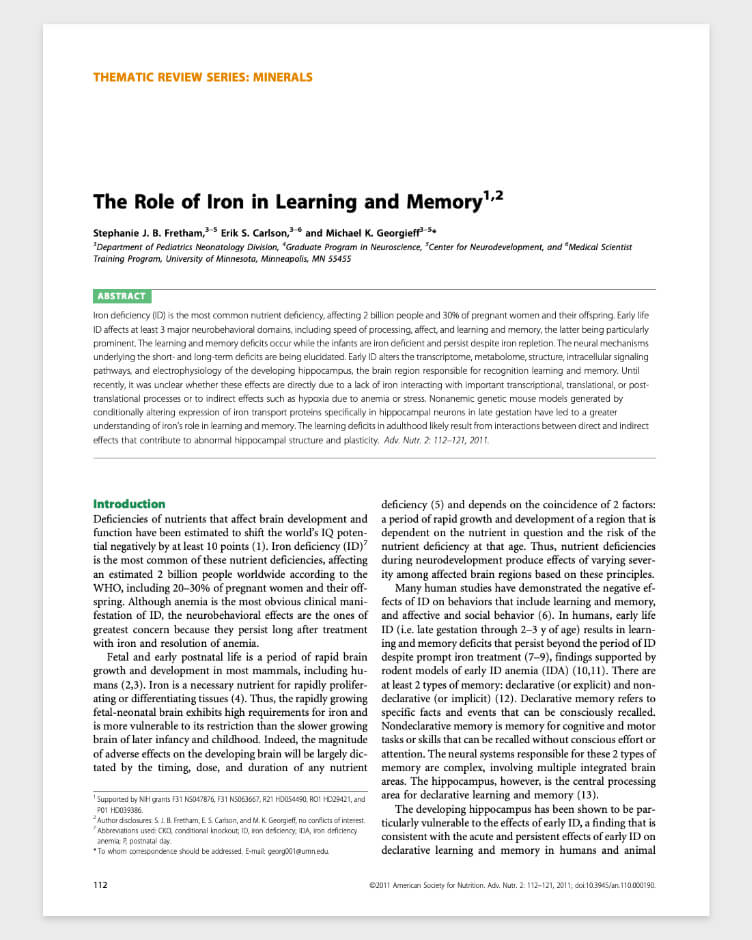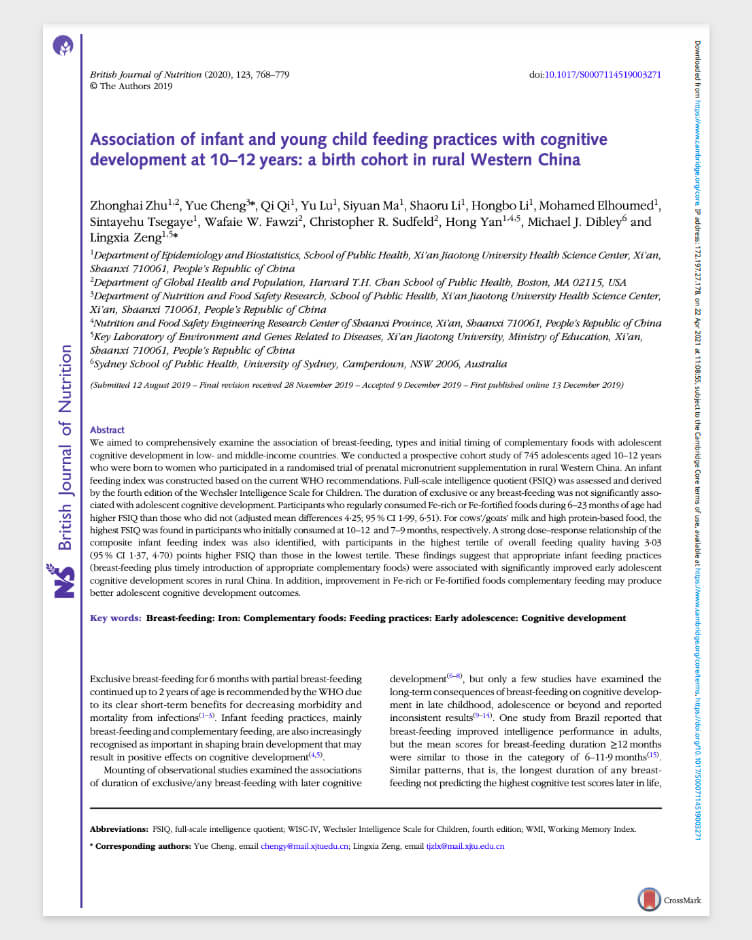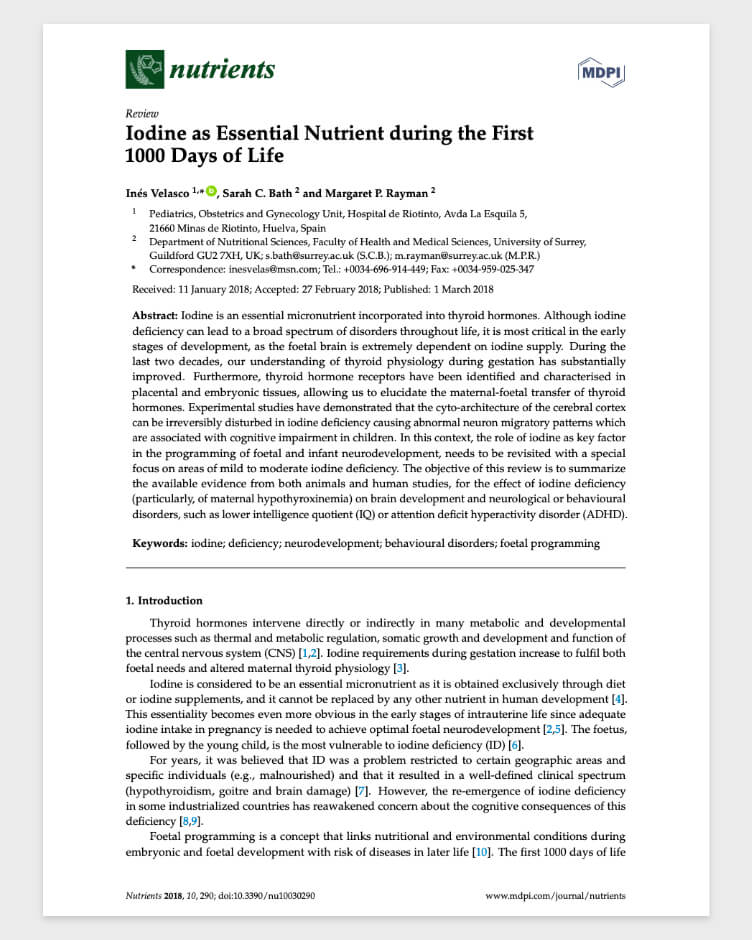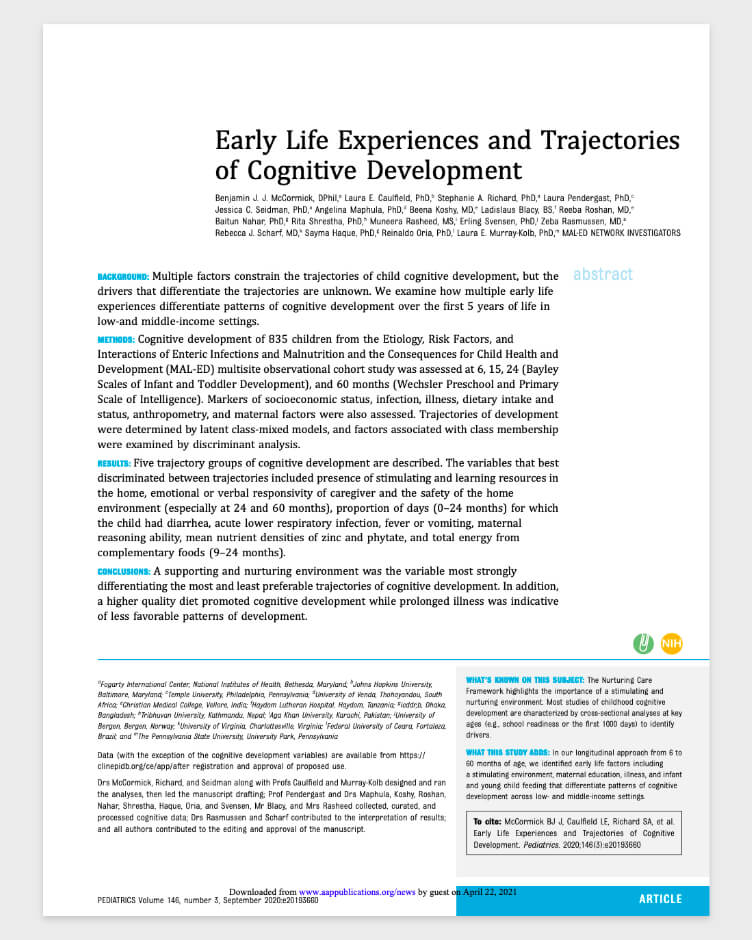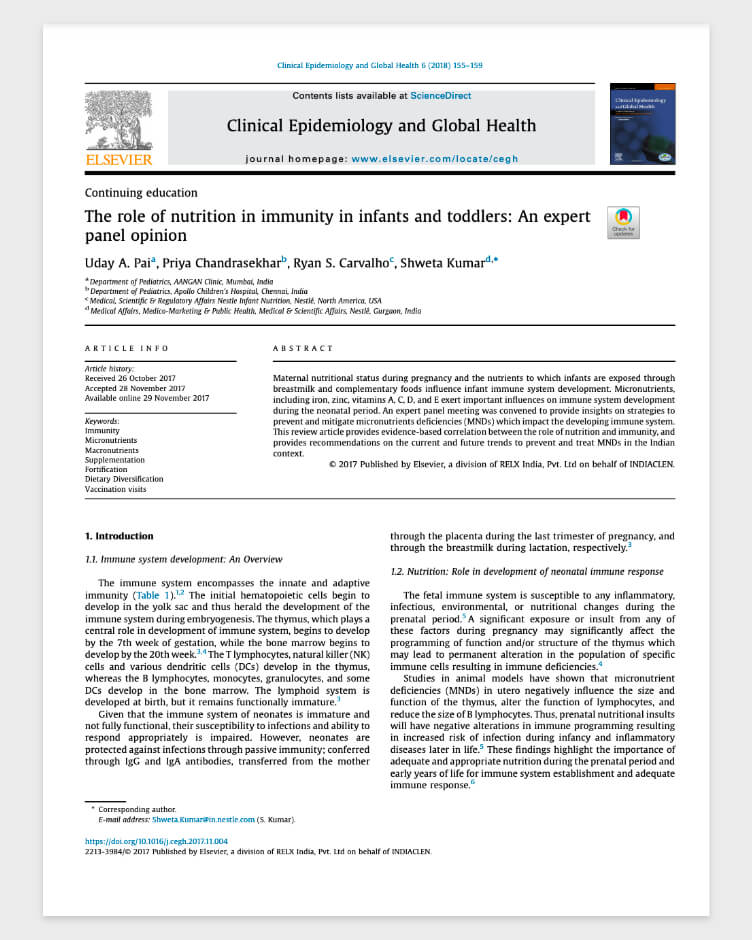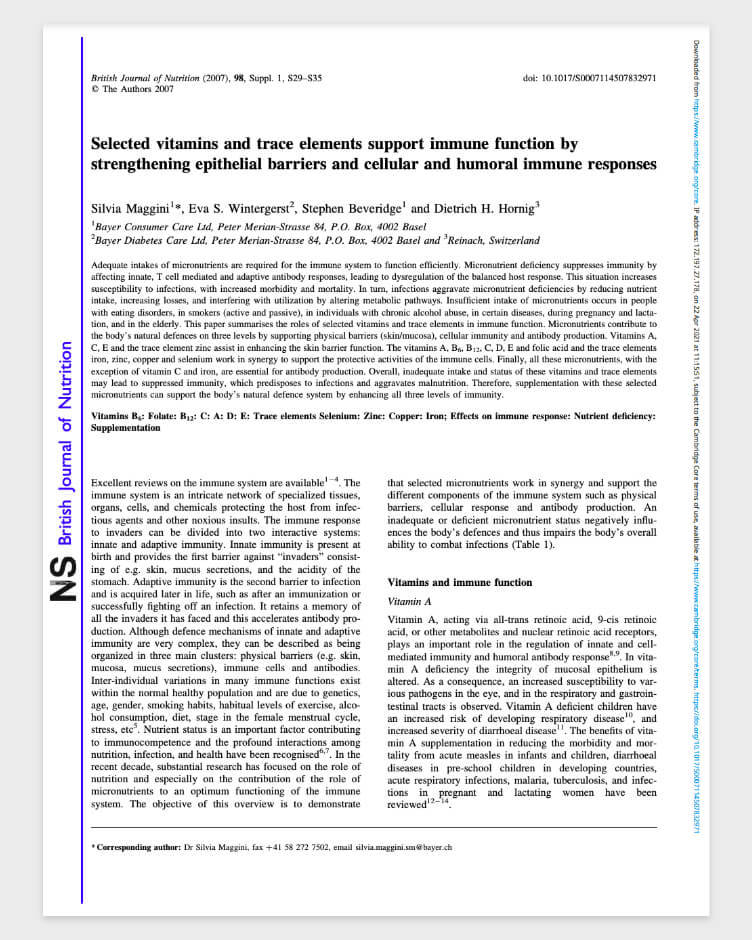Visit Website for Parents | Benefits of Breastfeeding | Infant Feeding Guidelines | Contact Us | Terms & Conditions | Privacy Policy | Marketing of Breast Milk Policy
All rights reserved © 2021 Bellamy’s Organic. Design & Creative Direction by Double Lux. Development by Happy Monday.
Visit Website for Parents
Contact Us
Terms & Conditions
Privacy Policy
Marketing of Breast Milk Policy
All rights reserved © 2021 Bellamy’s Organic.
Design & Creative Direction by Double Lux.
Development by Happy Monday.


